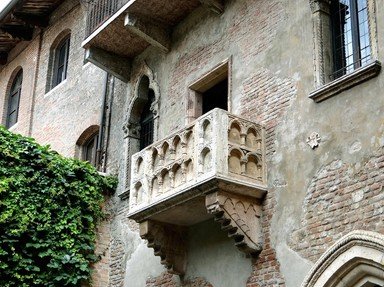subjects, enemies to
,
Profaners of this neighbor-stained steel -
Will they not hear? - What ho! You men, you
,
That quench the fire of your pernicious rage
With
fountains issuing from your veins:
On pain of torture, from those bloody hands
Throw your
weapons to the ground,
And hear the sentence of your moved
.
Three civil
bred of an
word
By thee, old
, and
,
Have thrice disturbed the quiet of our streets
And made
ancient citizens
Cast by their grave-beseeming ornaments
To wield old
in hands as old,
with peace, to part your cankered hate.
If ever you disturb our streets again,
Your
shall pay the forfeit of the peace.
For this time all the rest depart away.
You, Capulet, shall go along with me,
And, Montague, come you this afternoon
To know our farther pleasure in this case,
To old Free-town, our common judgment-place.
Once more, on
, all men depart.
